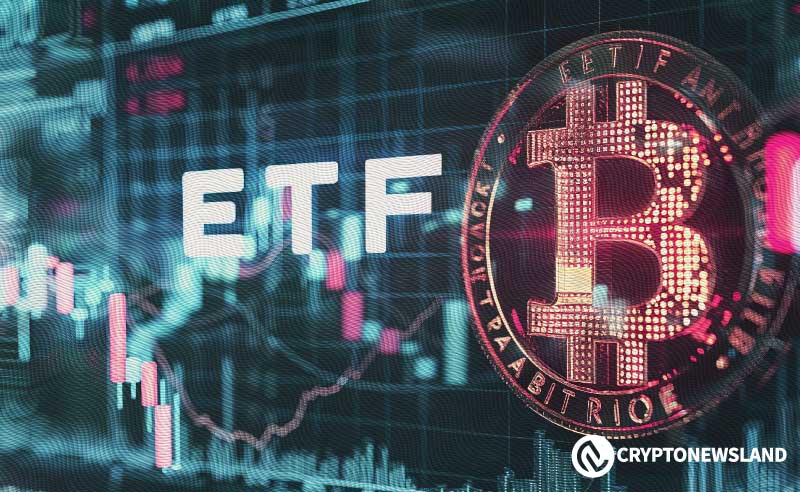- Bitcoin ETFs hit $20B in assets in under a year, outpacing gold ETFs, which took five years to reach the same milestone.
- Institutional demand boosts Bitcoin ETFs, with $1.6B in net inflows across 11 major funds in just one week.
- Analysts predict Bitcoin ETFs could surpass gold ETFs in total assets within the next two years.
Bitcoin ETFs reached a significant milestone, acquiring $20 billion in net inflows since their launch in January 2024. The growth of this market shows that Bitcoin is being recognized more as an investment instrument, especially by institutional investors.
Notably, Bitcoin ETFs achieved this accomplishment within less than a year, which is faster than gold ETFs, which took five years to achieve a similar performance level.
Institutional Investors Boost Bitcoin ETF Demand
Some analysts, such as Nate Geraci of the ETF Store, have estimated that Bitcoin ETF investment will surpass gold ETFs in terms of total net asset intake within the next few years.
Institutional investors, including BlackRock, Fidelity, and Grayscale, have driven demand for Bitcoin ETFs. Over the past week, net inflows across 11 major Bitcoin ETFs topped $1.6 billion, indicating growing optimism regarding Bitcoin’s status as a stable investment.
Pundits note that these inflows indicate a greater acceptance of Bitcoin as an asset product as mainstream financial institutions increasingly diversify into cryptocurrency.
In mid-October, BlackRock’s Bitcoin ETF had about $400m inflows, the highest since July. This demand rise shows the overall demand for institutional investments in Bitcoin, making Bitcoin ETFs one of the market’s most rapidly growing financial products.
Comparing Bitcoin ETFs and Gold ETFs
The performance of Bitcoin ETFs is usually compared to gold ETFs. Although gold ETFs were introduced in 2004 and have experienced two decades of growth, Bitcoin ETFs have already surpassed more than $20B in assets within several months.
At the moment, gold ETFs hold assets of $50 billion, while with its high growth rate, Bitcoin may soon surpass the management of gold ETFs. According to analysts, the surge in Bitcoin ETFs could witness new cumulative inflows attracted by institutional investors and improve confidence in cryptos.
However, disruption of the investment landscape for Bitcoin continues to rise, and political factors, including the upcoming 2024 U.S. presidential election, may affect future expansion.
The strategists at Standard Chartered Bank predict Bitcoin will revisit its record high of $73,800, especially if the election’s outcome favors pro-digital assets. Currently, one Bitcoin costs $68,640, showing investors are still actively invested in the market due to favorable macro conditions and the fact that ETFs play a more important role as they integrate with more financial systems.

